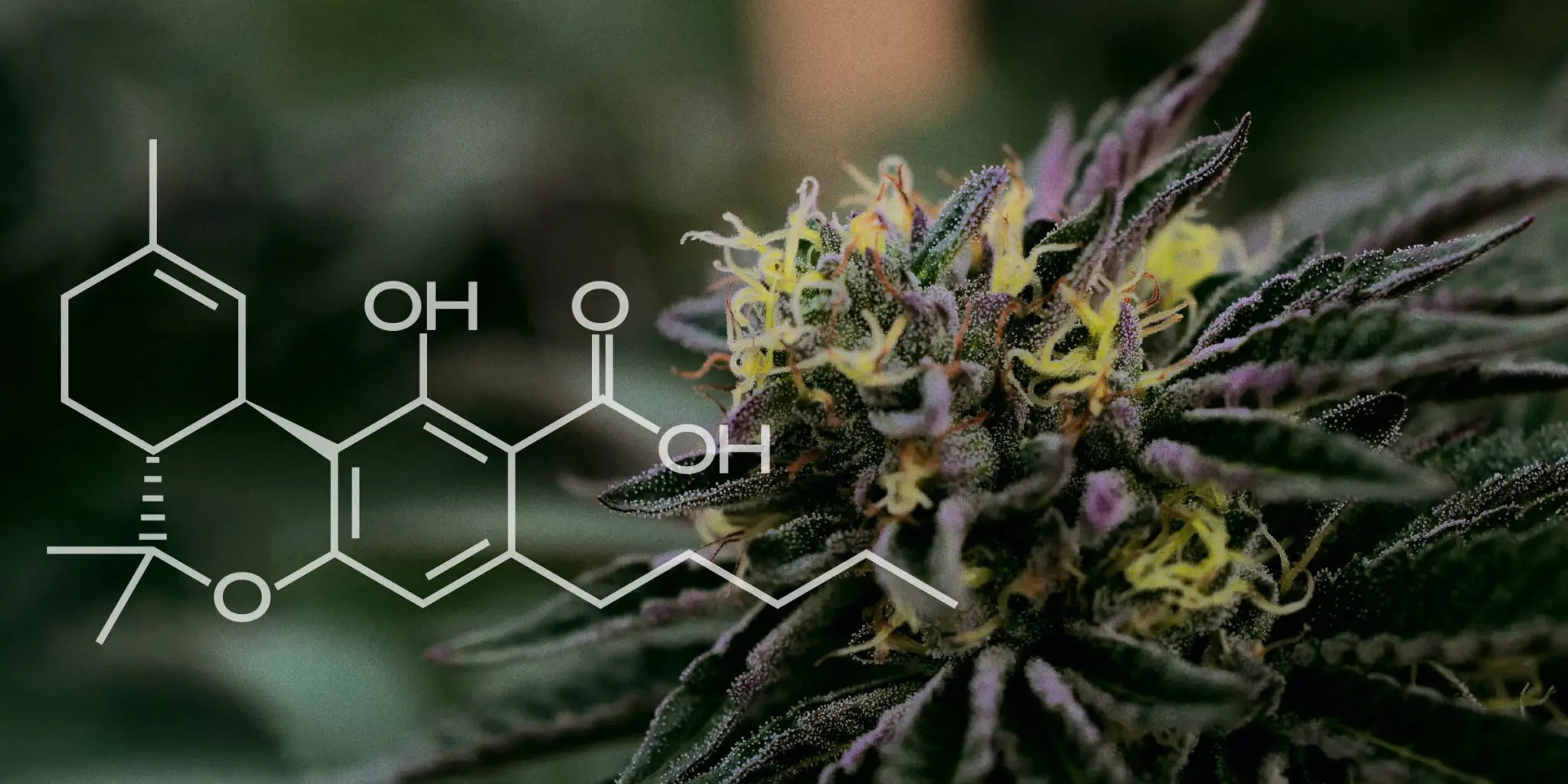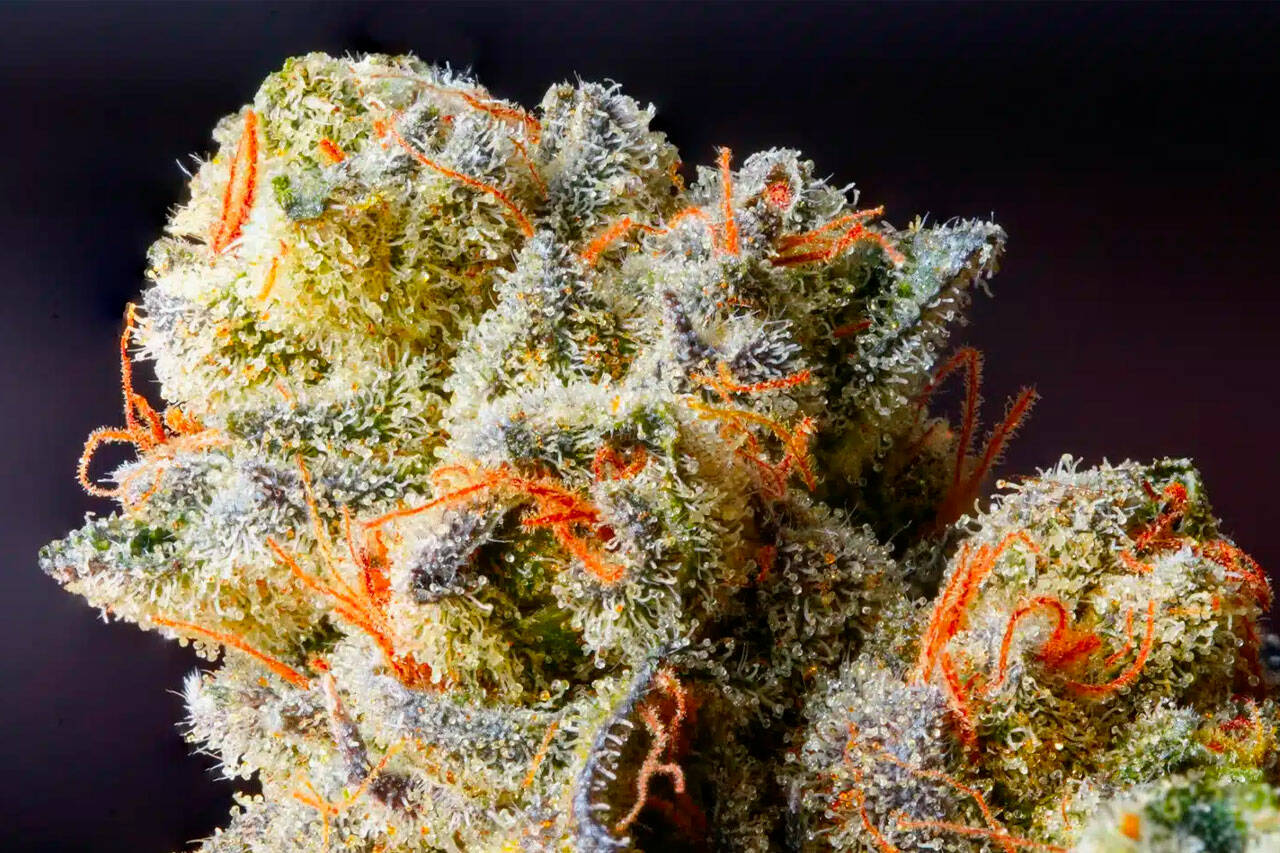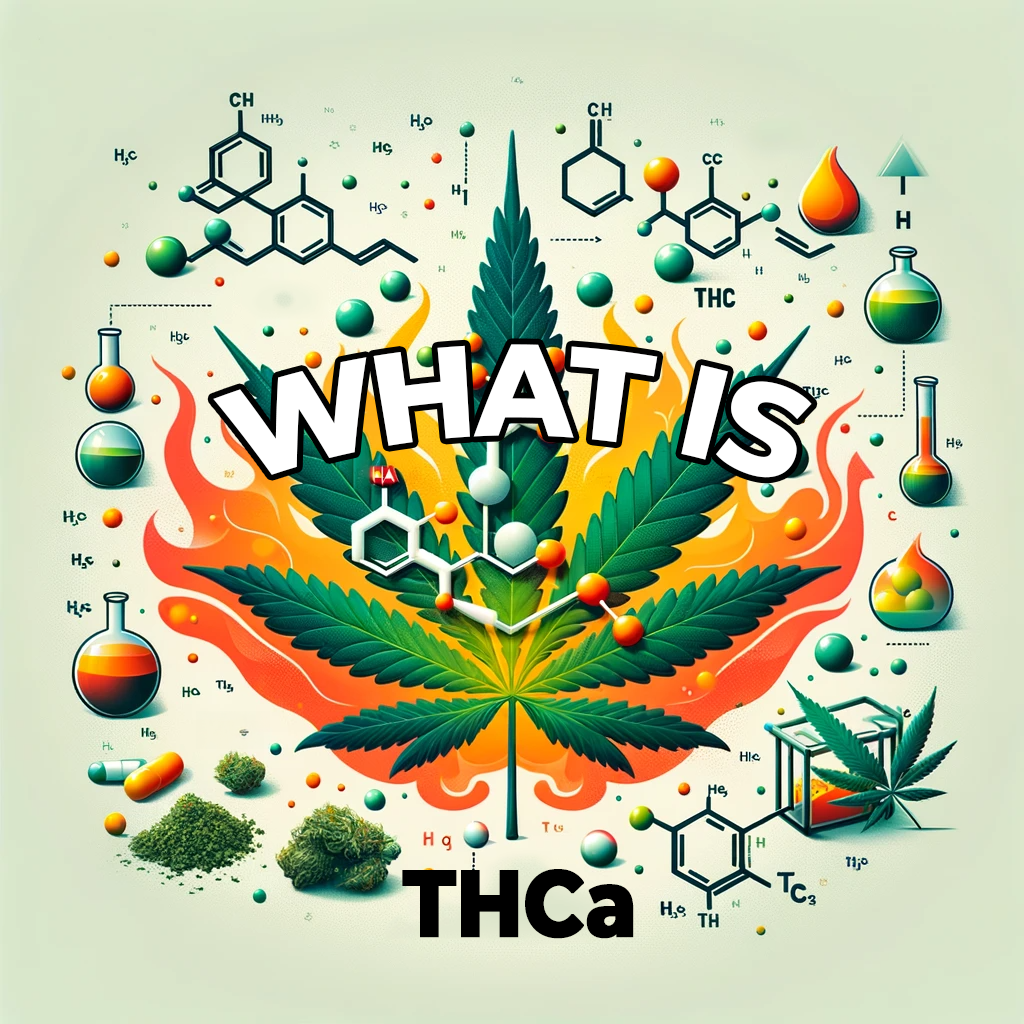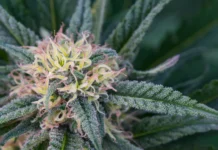Tetrahydrocannabinolic acid (THCA) is a cannabinoid that has recently been thrust into the limelight for its unique properties and potential health benefits. Found primarily in raw and live cannabis, THCA is the acidic precursor to tetrahydrocannabinol (THC), the most well-known psychoactive compound in cannabis.
Unlike THC, THCA is non-psychoactive, meaning it doesn’t produce the ‘high’ typically associated with cannabis use. The significance of THCA lies in its potential therapeutic applications, which are being explored by researchers with increasing interest.
Understanding THCA not only provides insights into the complex chemistry of cannabis but also opens up possibilities for its use in medical treatments, offering a new perspective on a plant, that has been used both recreationally and medicinally for thousands of years.
The Science Behind THCA

At the molecular level, THCA is distinct from THC due to the presence of a carboxyl group. In the natural state of the cannabis plant, more specificaly, thca flower, THCA is abundantly present. When cannabis is heated, through smoking, vaping, or cooking, THCA undergoes decarboxylation, losing its carboxyl group and transforming into THC.
This process is not only critical for understanding the psychoactive effects of cannabis but also for appreciating the differences in how various forms of cannabis can impact the body. In its raw form, cannabis does not have the psychoactive effects associated with THC because the THCA has not yet been converted.
This fundamental difference has profound implications for both recreational users and medical patients, as it offers a way to utilize the plant’s properties without inducing a psychoactive state.
Potential Therapeutic Benefits of THCA

The therapeutic potential has been a subject of interest in recent scientific research. Preliminary studies suggest that it may have anti-inflammatory, neuroprotective, and anti-emetic (anti-nausea) properties. This makes it a compound of interest for conditions such as arthritis, and neurodegenerative diseases, and as a potential anti-nausea treatment for chemotherapy patients.
Moreover, early laboratory studies indicate that it might possess anti-proliferative qualities, which could be beneficial in the fight against certain types of cancer. It’s important to note, however, that much of this research is in its infancy, and many of the potential benefits of THCA are yet to be fully understood or proven in clinical settings. The non-psychoactive nature of it makes it particularly appealing as a therapeutic agent, as it could potentially offer health benefits without the intoxicating effects of THC.
Extraction and Use
Extracting it from cannabis is a delicate process that requires preventing the decarboxylation that converts THCA into THC. This is typically achieved through methods that avoid heat or use very low temperatures. The most common forms for use include raw cannabis juice, tinctures, and certain types of extracts. These products allow consumers to take advantage of the properties without experiencing the psychoactive effects of THC.
For those interested in the potential therapeutic benefits of cannabis without the high, THCA provides a compelling avenue. It’s also become a topic of interest for chefs and food scientists interested in incorporating cannabis into cuisine, as they can use raw cannabis to add flavor and potential health benefits without altering the state of mind of the consumer.
Legal and Safety Considerations

Despite the growing interest and its potential benefits, legal and safety considerations are crucial. In many jurisdictions, cannabis and its derivatives, including THCA, are still heavily regulated or illegal. This legal landscape is constantly evolving, with more areas legalizing or decriminalizing cannabis for medical or recreational use. However, users and patients interested in exploring THCA should be aware of their local laws and regulations.
Furthermore, the safety profile of THCA, while promising, is not fully understood. As with any compound, particularly those derived from plants with psychoactive properties, caution and informed decision-making are advised. Individuals considering THCA for therapeutic use should consult with a healthcare professional, especially if they have existing health conditions or are taking other medications.
Future Directions and Research
The future of research is bright and full of potential. As the legal barriers surrounding cannabis continue to diminish, more comprehensive and large-scale studies can be conducted. These studies will be critical in unlocking the full therapeutic potential of THCA, understanding its effects on the human body, and developing standardized, safe methods of use.
There is also a growing interest in the role of THCA in the entourage effect, a theory that suggests that the various compounds in cannabis can work together to produce more significant effects than they would individually. Understanding how it interacts with other cannabinoids and compounds in cannabis could lead to more effective medical treatments and a better understanding of how cannabis impacts the body.
As research progresses, THCA is likely to become an increasingly important component in the evolving narrative of cannabis as both a recreational substance and a medicinal plant.
THCA in the Broader Context of Cannabinoid Research
The exploration of THCA is part of a larger trend in cannabinoid research, which seeks to understand the myriad compounds in cannabis and their individual and collective effects. Beyond the well-known THC and cannabidiol (CBD), there are over a hundred other cannabinoids, including THCA, each with unique properties and potential benefits.
This expanding field of research is not only transforming our understanding of cannabis but also challenging our approaches to medicine and health. By exploring these lesser-known compounds, scientists are uncovering new possibilities for treating a wide array of conditions, from chronic pain and inflammation to mental health disorders.
The study of THCA is just one piece of this complex puzzle, but it’s an important one, shedding light on how different components of the cannabis plant can be harnessed for their therapeutic properties while minimizing unwanted side effects.
Conclusion
In conclusion, THCA represents a fascinating aspect of cannabis research, offering a glimpse into the complex chemistry of this plant and its potential for diverse therapeutic applications. While it is still early days for THCA research, the compound’s non-psychoactive nature and preliminary findings regarding its health benefits make it a promising area of study.







